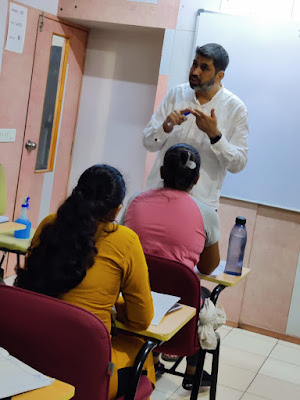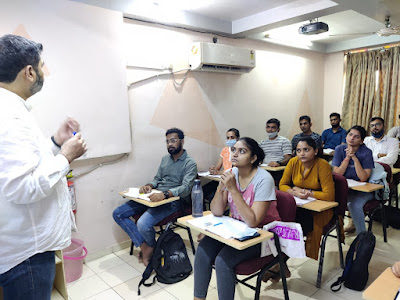Reading is one of the most frequent activities in colleges/universities. Students need more and more books for higher studies. However, it is not always possible for almost all students to buy all the books they need to read. In this regard, other resources like libraries are used. Because each library has a time limit for borrowing and returning books, students need to master how to read books quickly in order to succeed in their chosen field. As a result, a reading module has been included in IELTS to assess the candidate's reading and comprehension skills.
It is not surprising that the reading test is considered by many to be the most difficult part of the IELTS test. There is some support for that. First, there are 3 long paragraphs with many paragraphs. Second, after reading the paragraphs, you have to answer 40 challenging questions (approximately 13 to 14 per section). The reading test is very different in that no extra time is given at the end so you have to write your answers on the answer sheet. Since you only have one hour to complete the test, time can be a big hurdle.
Practice is the key to doing well in a reading test. Newspapers, magazines, and books are good resources for you. Doing so improves your reading speed and therefore increases your reading score. Also, don't underestimate the importance of having many IELTS mock tests. The more familiar you are with the design of the IELTS reading module, the better you can manage your time during the IELTS exam.
Importantly, the main focus of the reading test is not your understanding of the reading paragraphs. In other words, it does not test how well you understand the passage. Instead, you will be tested on 2 skills called scanning and skimming.
By increasing your exposure to the written language, your IELTS reading skills will develop your ability to handle large amounts of information effectively, and you have taken a step closer to higher grades on the IELTS reading module.
Next, there are many valuable online resources like CNN, BCC, reliable news broadcasters that you can study new vocabulary every day. You should study different topics as the topics presented in the IELTS reading module vary a lot and reflect the way you work on your IELTS reading skills.
You should practice reading for thirty minutes every day, this will definitely improve your reading speed. Moreover, whenever you practice, you have to check the number of words you have. By doing this, you can become aware of your improvement and ability in reading in a way that you can read in a few words per minute. In addition, analyze your comprehension skills by summarizing what you have read. In addition, your main objective is to read faster while improving comprehension skills, so use the same type of reading material that provides the necessary consistency for discerning study. learn more visit the IELTS coaching center in Ahmedabad


Comments
Post a Comment